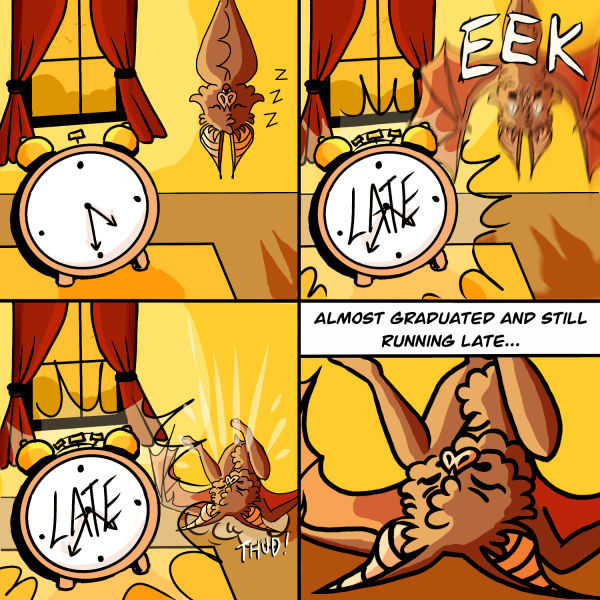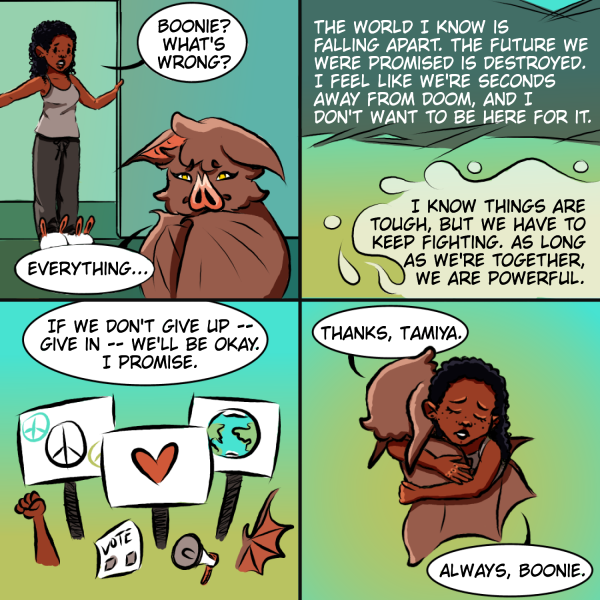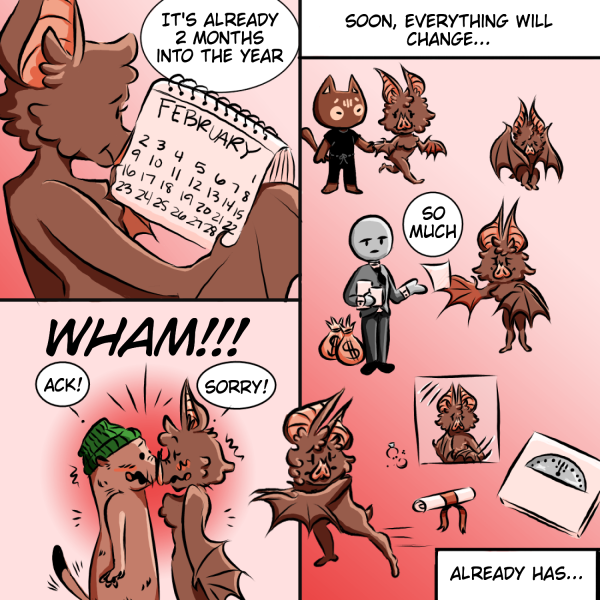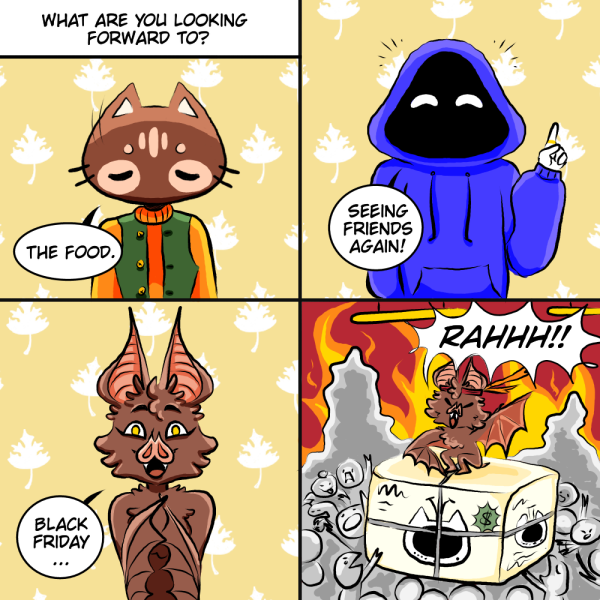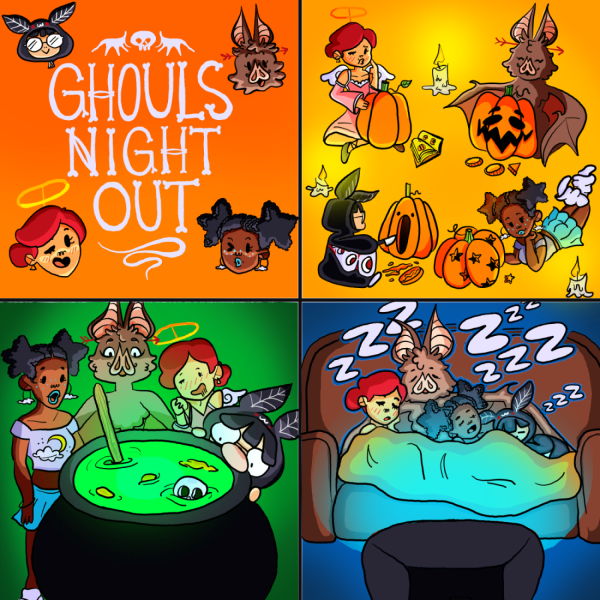Native American Heritage Month brings light to Native American culture at App State
November 13, 2019
About 30 years ago, then-President George H.W. Bush declared November Native American Heritage Month. Today, it is celebrated and defended on App State’s campus through the Native American Student Association.
“The thing with native identity and native history, in general, is that a lot of people will have been taught about us before,” said Tori Hunt, NASA president and part of the Lumbee Tribe of North Carolina. “But, what they’ve been taught has either been a watered-down, whitewashed version or just not the complete truth.”
Hunt, a junior chemistry major, said NASA uses the month as a time of education because the club receives many emails from students asking for clarification on native culture and project help.
Throughout the month, Hunt said NASA celebrates their cultures together. NASA hosts film and panel discussions along with presentations about misconceptions on native identity.
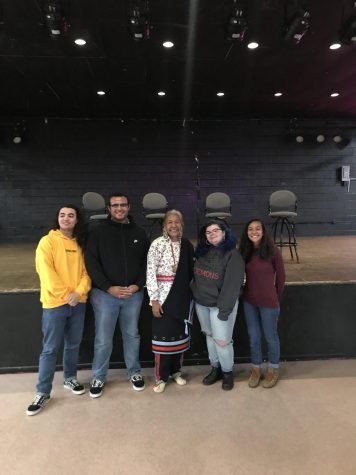
Hunt said that while NASA enjoys educating students on native culture, it is sometimes met with the challenges of college culture and differing views. This happened at Appalachian Popular Programming Society’s “Culture Not Costume” event, meant to bring awareness to traditional clothing versus cultural appropriation and holiday costumes.
“As soon as this picture came up, there was a whistle from the audience,” Hunt said about a slide from their Culture Not Costume presentation. “We were about to talk about this hypersexualization of native women, and how that contributes to the missing and murdered indigenous women.”
Hunt said while she appreciated NASA’s voice being heard, the responses were not what she expected.
“A lot of people were just kind of telling us in their apologies that, ‘Oh, we’re so sorry that happened, but at least they were here,’” Hunt said.
Hunt said she was frustrated with the remark and response, but wasn’t surprised, as she has experienced microaggressions at App State.
According to Merriam-Webster, a microaggression is a comment or action that unconsciously or unintentionally expresses a prejudiced attitude toward a member of a marginalized group.
“A lot of people don’t understand that native people look a lot of different ways, and we’re obviously not what the media projects as, ‘This is what a Native American person looks like,’” Hunt said.
She said NASA members use their space to catch up or discuss racism and struggles they face and socialize about other topics. Hunt said this plays a huge role in her life at App State now, especially after being lost while trying to find a native community as a freshman.
“It was pretty rough about midway through my first semester. I took a trip down to the Multicultural Center and pretty much asked if there was any native group on campus because I really needed a space,” Hunt said. “At the time, nobody knew of one because it kind of wasn’t a thing.”
Anya Walsh, sophomore NASA member and is Eastern-Band Cherokee, said she appreciates the community she has found within the club. She also said members sometimes discuss patterns in problematic language from faculty and staff.
“I remember my first day as a freshman on this campus. I went to an archaeology class, and my professor claimed to be an expert on my people specifically,” said Walsh, an English major. “It unfortunately leads into their work and what they assign their students a lot, that eventually comes back to us.”
Walsh said she would love to see more faculty and staff at NASA events, especially those from the history department, because “misunderstanding and mislearning” can be passed on to students.
“I think everyone benefits from learning, even if you think you know the most,” Walsh said.
NASA will host events throughout November to educate students with the Native Film Event with the Humanities Council on Nov. 17 at 3 p.m.15








